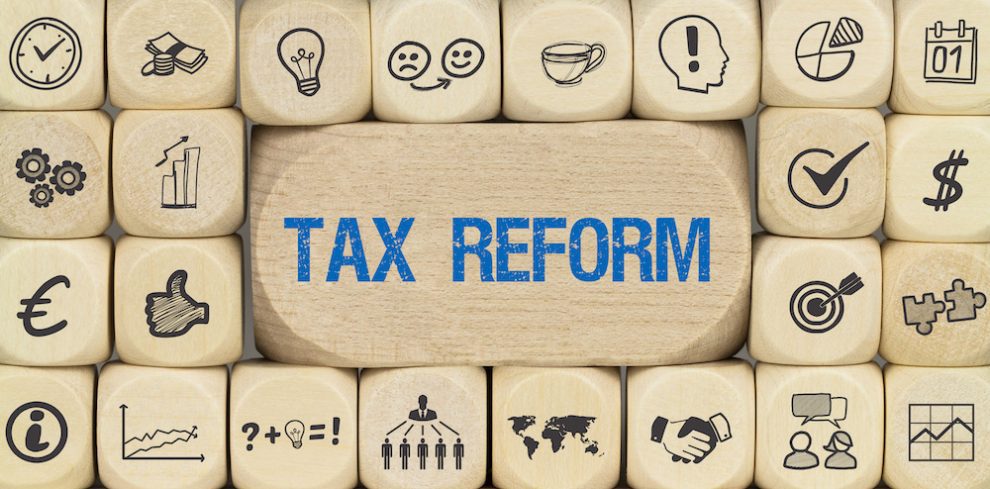Change can be scary. It can mean uncertainty, and with uncertainty comes risk. The hottest topic for this upcoming election is capital gains tax changes.
Currently, individuals and trusts are entitled to a 50% discount on the capital gain amount providing they have held the asset for more than one year.
The Coalition has promised to leave it unchanged. The ALP wants to raise $32 billion over the next decade by proposing to halve the current 50% capital gains tax discount on investment properties to 25% on all assets purchased after July 1, 2017.
Not surprisingly, tax office data covering average negative gearing losses and the average capital gains discount enjoyed by taxpayers shows Labor’s policies will hit hardest voters in areas least likely to back the ALP at this year’s election.
But what does this all mean for the average individual investor?
Well, here’s an example…
Today, if you sell your investment property for a profit of $100,000 after all costs are taken into account, the ATO will give you a 50% discount, meaning you’ll only need to add $50,000 to your taxable income at tax time.
If he wins the election, Bill Shorten will make you add $75,000 instead.
So if your salary was $80,000, your taxable income for this financial year would be taxed on $155,000 ($80k plus $75k) rather than $130,000 ($80k plus $50k). That’s an extra $9,250 in the ATO’s pocket rather than yours.
Is this a big deal to the average investor?
Would it be the defining reason a would-be investor would choose not to buy an investment property in the future?
I would hint a guess at no. Whilst it leaves a sour taste in the mouth to all those who have purchased after June 30 2017, these sorts of numbers are still rounding numbers when it comes to the overall gain achieved.
However, in conjunction with Bill Shortens second prong – Negative Gearing reforms this may do enough to have a serious impact on certain markets around the country.
On one hand, property prices in locations where the majority of dwellings are owner-occupied will be somewhat insulated from the risk of price falls as these properties are not affected by the changes. Conversely, investor-owned dense locations will likely be impacted more severely due to more people selling their properties or less people seeing the tax benefits of investing there.
It is likely that some of the additional cost to hold a property investment will be passed onto renters – so its reasonable to expect that rents will rise as a result of these proposed changes.
So even if you don’t own an investment property, this will certainly affect your hip pocket too.
At the end of the day, a fall in in the value of peoples’ homes tend to have a dramatic negative impact on consumer sentiment which impacts the whole economy. When peoples’ homes are falling in value they become fearful and stop spending – as we saw in the US during the GFC. Therefore, the ALP’s polices risk creating many unintended negative consequences for the wider economy.






















[…] Capital gains tax changes – who will be hit hardest? […]